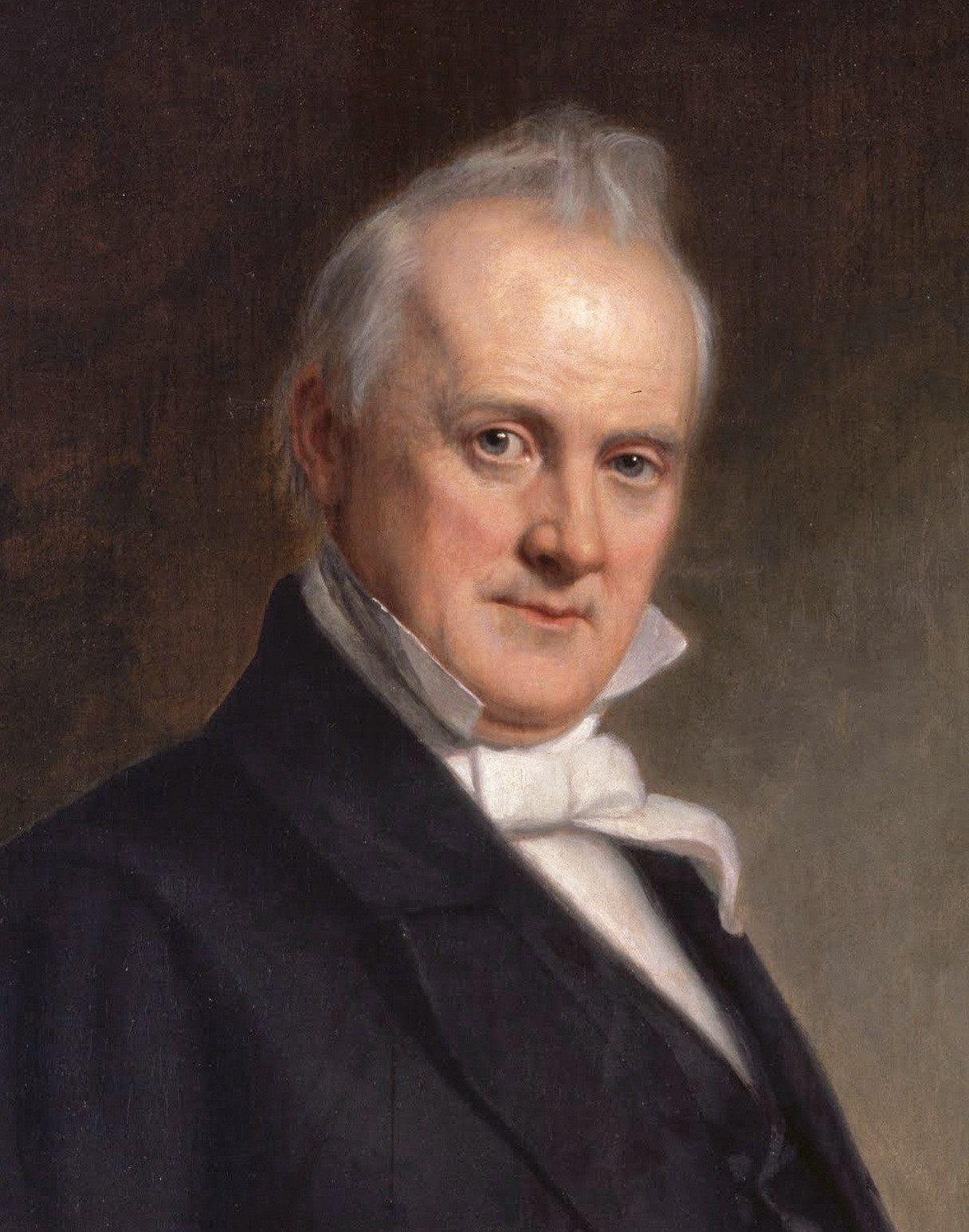James Buchanan, the 15th President of the United States, served from 1857 to 1861 during a tumultuous period in American history. His presidency was marked by the secession of Southern states and the lead-up to the Civil War, making his time in office particularly significant. As the only bachelor president, Buchanan's personal life and political decisions continue to be topics of interest and debate among historians.
Buchanan's tenure is often scrutinized for his inability to address the growing tensions between the North and South, which ultimately led to the Civil War. This article will explore Buchanan's life, political career, and the lasting impact of his presidency on the United States.
In this comprehensive overview, we will delve into Buchanan's early life, his political rise, key events during his presidency, and his legacy. By examining various aspects of his life, we aim to provide a well-rounded understanding of James Buchanan and his role in American history.
Table of Contents
- Early Life and Education
- Political Career
- Presidency (1857-1861)
- Legacy and Historical Assessment
- Conclusion
Early Life and Education
James Buchanan was born on April 23, 1791, in Cove Gap, Pennsylvania. He was the second of ten children in a family of Irish descent. His father, a successful farmer, instilled in Buchanan the values of hard work and ambition. Buchanan attended the local schools before moving on to Dickinson College, where he graduated in 1809.
After completing his education, Buchanan studied law and was admitted to the bar in 1812. He quickly established a successful legal practice and became involved in local politics, which set the stage for his future political career.
Political Career
Buchanan's political career began in earnest when he was elected to the U.S. House of Representatives in 1820. He served in Congress for ten years before being appointed as the Minister to Russia in 1832. His diplomatic skills earned him a reputation as a capable leader, and he returned to the United States to serve as Secretary of State under President James K. Polk from 1845 to 1849.
During his time as Secretary of State, Buchanan played a key role in the negotiation of the Oregon Treaty, which resolved territorial disputes with Great Britain. His experience in foreign affairs bolstered his credentials as a presidential candidate.
Presidency (1857-1861)
James Buchanan was elected President as a Democrat in 1856, largely due to his support for popular sovereignty regarding the issue of slavery in the territories. His presidency began amid rising tensions between the North and South, and he faced numerous challenges that would ultimately define his time in office.
Key Events of Buchanan's Presidency
- Dred Scott Decision (1857): This Supreme Court ruling declared that African Americans could not be considered citizens and that Congress had no authority to prohibit slavery in the territories. This decision inflamed tensions between pro-slavery and anti-slavery factions.
- John Brown's Raid (1859): The abolitionist John Brown led a raid on Harper's Ferry, Virginia, intending to incite a slave uprising. Buchanan's administration's response to this event heightened fears of a violent conflict.
- Secession Crisis (1860): Following Abraham Lincoln's election in 1860, several Southern states began to secede from the Union, leading to a constitutional crisis that Buchanan struggled to address.
Major Issues Faced
Buchanan's presidency was characterized by his failure to effectively address the deepening divisions within the country. His insistence on maintaining the status quo and his belief that secession was illegal but that he had no power to prevent it contributed to the crisis. Critics argue that his inaction and indecisiveness exacerbated the situation, ultimately leading to the outbreak of the Civil War shortly after he left office.
Legacy and Historical Assessment
James Buchanan's legacy is a subject of intense debate among historians. While he had significant political experience, his presidency is often rated among the least effective in American history. His inability to unite a fractured nation and his failure to confront the issue of slavery head-on have led many to view him as a president who was out of touch with the needs of the country.
Despite the controversies surrounding his presidency, Buchanan's early life and career demonstrate a commitment to public service and a desire to navigate complex political landscapes. His time in office serves as a cautionary tale about the importance of decisive leadership in times of national crisis.
Conclusion
In summary, James Buchanan, the 15th President of the United States, navigated a difficult political landscape during his time in office from 1857 to 1861. His presidency was marked by significant events that foreshadowed the Civil War, and his legacy continues to be a topic of discussion among historians and scholars. Understanding Buchanan's life and presidency can provide valuable insights into the challenges faced by leaders during turbulent times. We encourage readers to share their thoughts on Buchanan's presidency and its relevance to contemporary issues in the comments section below.
Thank you for reading! We invite you to explore more articles on our site that discuss influential figures in American history and their impact on the nation.




